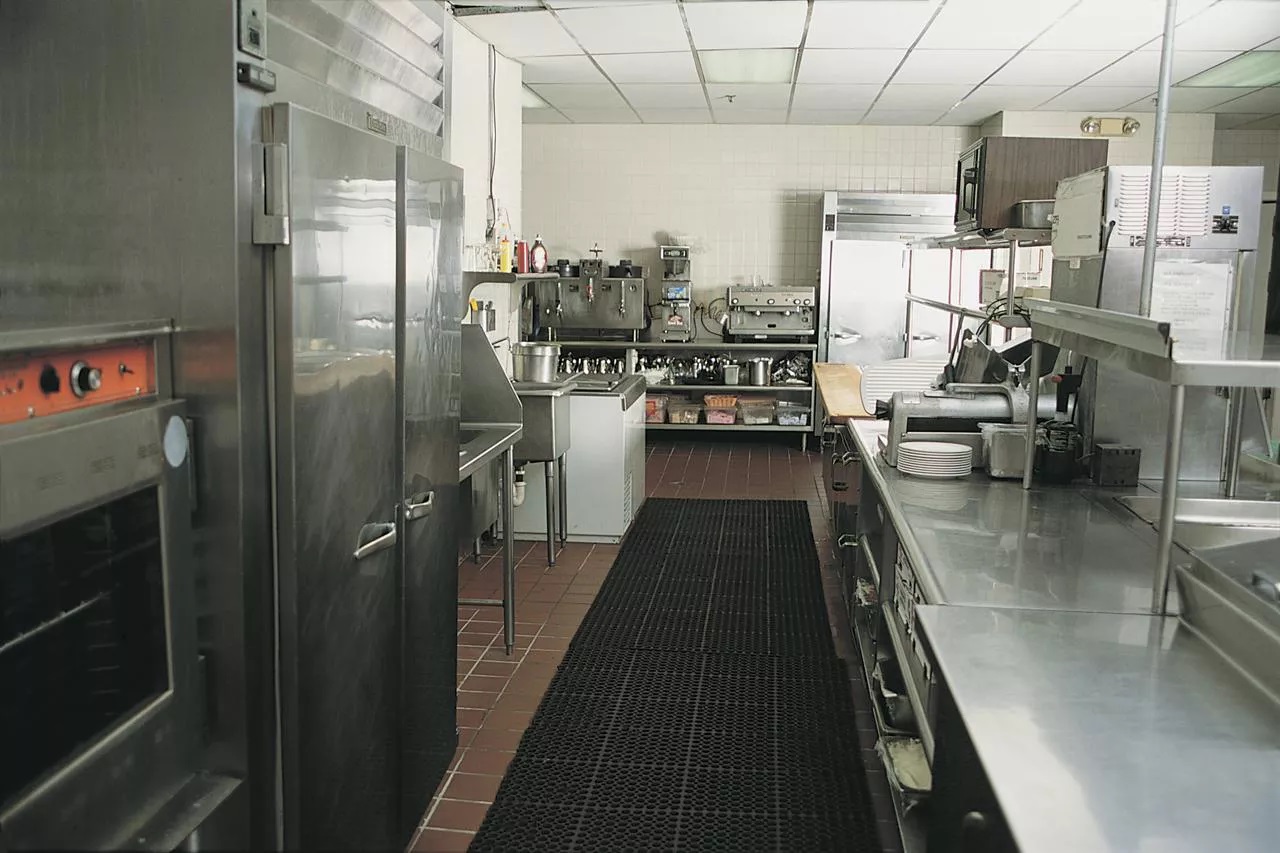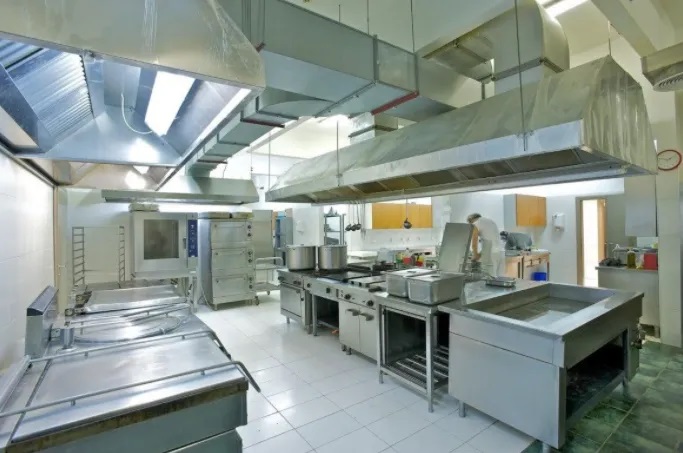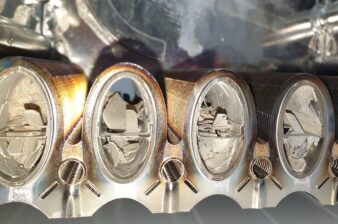The realm of restaurant refrigeration maintenance might not be the most glamorous aspect of the culinary world, but it certainly is one of the most crucial. This invisible hero in a restaurant’s kitchen plays a pivotal role in ensuring the freshness and safety of the food served. Just like a symphony conductor, refrigeration units need to perform impeccably to create a harmonious experience for both the chefs and the diners.
In essence, restaurant refrigeration maintenance encompasses the regular check-ups and repairs of refrigeration systems used in food establishments. These systems range from small coolers to large commercial walk-in freezers and refrigerators. The maintenance process involves several activities like cleaning, inspecting, and repairing parts to ensure optimal functioning.
Why is Regular Refrigeration Maintenance Crucial for Restaurants?
In the bustling environment of a restaurant, the refrigeration system is akin to the heart, circulating life through every dish. Regular maintenance is not just a preventive measure but a core strategy for preserving food quality and safety. Without it, restaurants risk everything from minor inconveniences to major health hazards.

The Nuances of Refrigeration Woes
Inconsistent Cooling Temperatures
Fluctuating temperatures in a refrigeration unit can be a silent assassin, subtly compromising food safety. Understanding the causes, from faulty thermostats to overstocking, is essential in preventing temperature-related issues.
Refrigeration Unit Making Strange Noises
Those odd sounds coming from your fridge are more than just a nuisance; they could be distress signals. Recognizing whether it’s a loose component or a failing motor can save both the unit and the food inside.
Ice Build-Up in the Refrigerator
Ice accumulation might seem harmless but is often a symptom of deeper issues like seal leaks or incorrect temperature settings.
Leakage and Water Pooling Around the Unit
Water leaks can lead to slip hazards and indicate problems ranging from clogged drain lines to refrigerant issues.
Preventative Maintenance Strategies for Restaurant Refrigerators
Proactive maintenance is the key to avoiding unforeseen breakdowns and costly repairs. It involves a series of actions, each serving a specific purpose in the overall health of the refrigeration system.
Regular Cleaning and Inspection: A detailed guide on how to methodically clean and scrutinize every part of the refrigeration unit, ensuring nothing is amiss.
Checking and Replacing Door Seals: Door seals might be small components, but their integrity is critical in maintaining the right internal environment.
Monitoring Refrigeration Temperatures: A continuous process of keeping an eye on temperature readings, adjusting them to suit varying storage needs.
Troubleshooting Common Refrigeration Problems
When things go awry, knowing how to identify and address common issues can be a game-changer. This section provides a pragmatic approach to solving frequent refrigeration troubles.
How to Address Refrigeration Unit Overheating?
Detailed instructions on pinpointing and rectifying overheating problems, ensuring the longevity of the unit.
What to Do If the Refrigerator Stops Cooling?
Step-by-step troubleshooting for cooling issues, a critical aspect of food safety.
Solutions for Excessive Noise in Refrigeration Units: Practical tips to diagnose and mitigate noise problems, contributing to a more efficient and quieter kitchen.

Professional Maintenance and Repair Services
There comes a time when professional intervention is needed. This section discusses the scenarios that require expert hands and what to expect from these services.
Choosing the Right Refrigeration Service Provider: A bullet list outlining key criteria in selecting a skilled and reliable maintenance service.
Cost Considerations for Professional Maintenance: An overview of the financial aspects involved in professional services, helping restaurant owners make informed decisions.
Upgrading and Replacing Old Refrigeration Units
Sometimes, the best course of action is to upgrade or replace an old unit. This segment delves into recognizing the signs that call for an upgrade and choosing the right new system.
Advantages of Modern Refrigeration Technology
Discussing the benefits such as energy efficiency, enhanced cooling capabilities, and smart features that modern units offer.
How to Choose the Right Refrigeration System for Your Restaurant
A comprehensive guide on selecting the best refrigeration system, tailored to the specific needs of a restaurant.
Legal and Safety Standards in Restaurant Refrigeration
Navigating the labyrinth of regulations and standards is crucial for any food establishment. This part provides a detailed look into the legalities and safety norms surrounding restaurant refrigeration.
Understanding Food Safety Regulations
A thorough explanation of the laws and guidelines governing refrigeration and food storage.
Compliance and Regular Audits
The significance of adhering to standards and being prepared for periodic inspections and audits.
DIY Maintenance Tips for Restaurant Owners
Empowering restaurant owners with the know-how to perform basic maintenance tasks can be a game-changer. This section offers easy-to-follow advice for regular upkeep.
Basic Cleaning and Upkeep
A step-by-step guide on maintaining cleanliness and operational efficiency of refrigeration units.
Monitoring and Recording Temperatures
Tips and techniques for keeping accurate temperature logs, a critical component of food safety compliance.
The Impact of Refrigeration Maintenance on Food Quality
This segment explores how diligent maintenance not only prolongs the life of refrigeration units but also directly impacts the quality and safety of the food stored within.
Conclusion
Wrapping up, this comprehensive guide underscores the pivotal role of refrigeration maintenance in the culinary world. It’s not just about fixing machines; it’s about safeguarding the heart of the kitchen, ensuring every meal served is a testament to quality and safety.




Join the conversation: